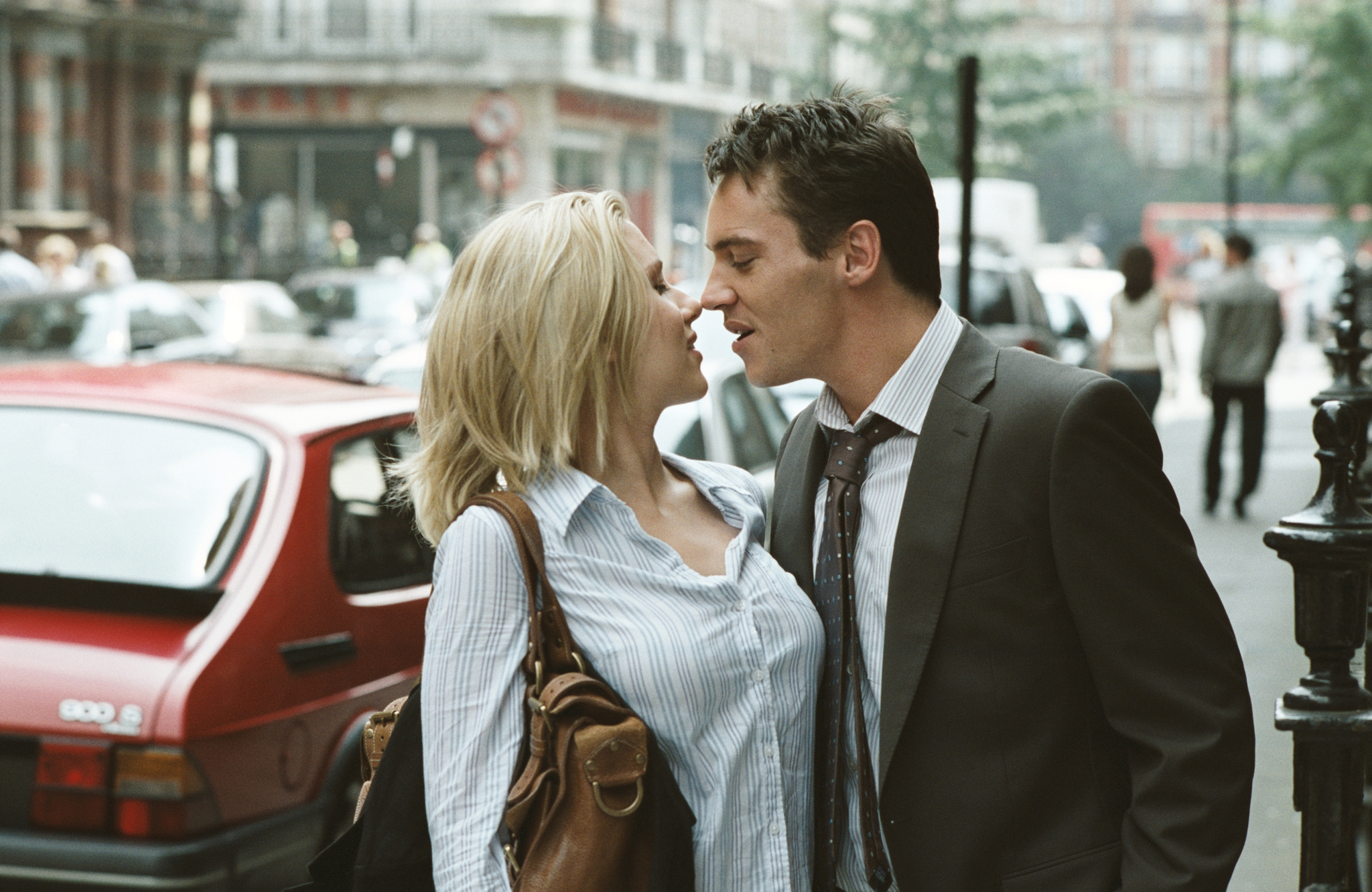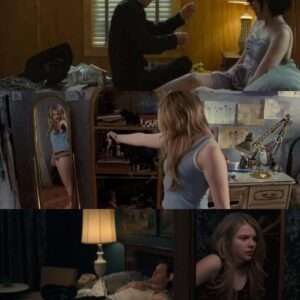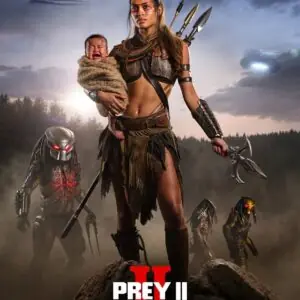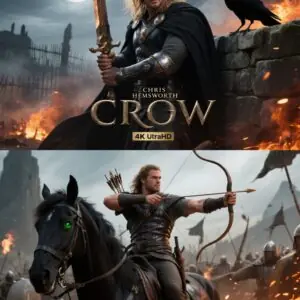Match Point (2005): A Chilling Tale of Ambition, Morality, and Chance
Introduction
Woody Allen’s Match Point (2005) marked a significant departure from his usual neurotic, Manhattan-set comedies. Set in London and steeped in psychological drama and philosophical fatalism, this film represents one of Allen’s darkest and most mature works. Described by many as a modern thriller with echoes of Dostoevsky and Hitchcock, Match Point examines the role of luck in life and success, the blurry boundaries of morality, and the dangerous allure of ambition and desire.
With a compelling narrative, nuanced performances, and an ominously quiet tone, Match Point is less about romance or crime and more about the chilling amorality of a man who chooses comfort and status over conscience. This article explores the film’s plot, characters, themes, and broader significance in Woody Allen’s filmography.
Plot Summary
Chris Wilton (Jonathan Rhys Meyers) is a former professional tennis player from a modest background who now teaches at an elite London club. Through his job, he meets Tom Hewett (Matthew Goode), the wealthy son of a powerful British family. Chris is quickly drawn into Tom’s world of luxury and privilege, becoming close to the family — particularly Tom’s sister, Chloe (Emily Mortimer), who falls in love with him.
At the same time, Chris is entranced by Tom’s fiancée, Nola Rice (Scarlett Johansson), an aspiring American actress. Their chemistry is immediate and explosive, setting the stage for a dangerous affair. Chris marries Chloe and secures a position in her father’s company, climbing the social ladder with strategic precision. But he cannot let go of his passion for Nola.
As the affair intensifies and Nola becomes increasingly demanding, threatening to expose their relationship and Chris’s duplicity, he makes a chilling decision: to murder her. He stages the crime to appear as a robbery gone wrong and manages to escape suspicion.
In the film’s closing scenes, Chris reflects on his guilt—or lack thereof—as the police close in on the wrong suspect. The story concludes not with justice or retribution, but with Chris secure in his marriage and future, untouched by moral consequence.
Characters and Performances
Chris Wilton – Jonathan Rhys Meyers
Rhys Meyers delivers a calculated, cold, and emotionally restrained performance as Chris. On the surface, Chris appears polite and cultured, but beneath the surface lies an opportunistic and emotionally hollow man. His progression from ambitious outsider to remorseless killer is subtle yet devastating. Rhys Meyers plays Chris with a blank charm that masks his true intentions, making him a terrifying and fascinating protagonist.

Nola Rice – Scarlett Johansson
Scarlett Johansson brings sensuality and vulnerability to Nola, portraying her as both seductress and victim. Nola is not a mere femme fatale; she is emotionally unstable, passionate, and trapped in a society that devalues her. Her desperation is palpable as she becomes increasingly isolated, and her tragic fate underscores the film’s harsh moral landscape.
Chloe Hewett – Emily Mortimer
Emily Mortimer’s Chloe is the picture of upper-class propriety and loyalty. She loves Chris, wants to build a family, and sees their marriage as genuine. Yet she is oblivious to his duplicity and moral decay. Mortimer’s portrayal of Chloe adds emotional weight to the story, illustrating how innocence and sincerity can be manipulated in a world driven by ambition.
Tom Hewett and the Hewett Family
Tom (Matthew Goode) and his wealthy family represent the privileged class: cultured, powerful, and emotionally detached. They accept Chris into their world based on appearance and manners rather than moral character. Their role in the story is essential as a symbol of how status often overshadows substance in determining success.
Themes
1. Luck and Moral Indifference
The central metaphor of Match Point—a tennis ball hitting the net and either going over or not—serves as a symbol for the randomness of life. Woody Allen opens and closes the film with this metaphor, suggesting that success and failure often come down to chance, not virtue. Chris is not caught, not because he is clever, but because he is lucky. In Allen’s vision, justice is arbitrary, and morality is a luxury that the ambitious cannot afford.
This fatalism echoes Dostoevsky’s Crime and Punishment, a novel explicitly referenced in the film. Like Raskolnikov, Chris ponders whether extraordinary individuals can live above moral laws. But unlike Dostoevsky’s protagonist, Chris suffers no psychological breakdown. He emerges cold, emotionless, and rewarded.
2. Ambition and Class Mobility
Chris is emblematic of the social climber, willing to suppress his past and moral compass in order to ascend the social hierarchy. His marriage to Chloe, his job at her father’s company, and his integration into the elite are not born of love but strategic intent. The film critiques how society often rewards conformity, charm, and appearances over character and integrity.
Chris’s desire to belong to the upper class leads him to sacrifice everything, including human life. His murder of Nola is not driven by hatred but by convenience. She becomes a liability to his carefully constructed life, and he eliminates her to protect his status.





